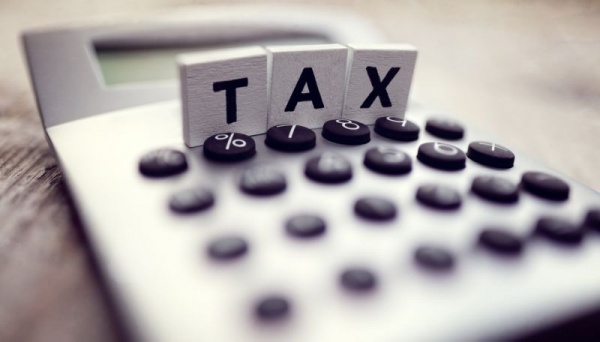Fringe Benefit Tax
Nov 20, 2018

What is FBT?
Fringe Benefit Tax is a Tax payable by employers on the value of non-cash benefits provided to their employees in connection with employment.
There are some items which for various reasons are exempt from FBT.
Exempt from FBT
Not subject to FBT |
Details |
Examples |
|
‘Work related’ vehicles |
See the table below |
|
|
Cash remuneration |
All cash payments |
Salary and wages, lump sums, bonuses, schedular payments, interest and dividends |
|
Benefits given instead of a non-taxable cash allowance |
|
A meal provided instead of a meal allowance |
|
Free board and lodging |
Although the market value of accommodation is then calculated as part of an employee’s income which attracts PAYE |
|
|
Health and safety |
Benefits arising out of the employer’s health and safety obligations and minimising hazards |
Flu injections, health checks, whether undertaken at the employer’s premises or not |
|
Distinctive work clothing provided by the employer |
Any clothing forming part of a uniform that can be identified with the employer because of logo, pattern, colour scheme or style. |
Safety and protective clothing |
|
Entertainment |
If employees can only enjoy it at a set time, or as part of their employment duties |
Staff Christmas parties, subsidised drinks for staff at work (however, the cost then comes under the rules for entertainment expenses) |
|
Private use of employer owned or leased business tools |
Where the tool is used primarily for business purposes and the cost price of each tool is not over $5,000 |
Chainsaw |
|
Free, subsidised, or discounted goods and services |
Up to the value of $300 per employee per quarter |
Or $1,200.00 per employee per year or $22,500 per annum for all employees |
Motor vehicles and FBT
Motor vehicles are possibly the most widely occurring item attracting FBT. If a motor vehicle is made available to an employee (including shareholder employees), the company is liable for FBT. However, there are some circumstances where the employer is not subject to FBT.
Vehicles exempt from FBT |
|
Used for emergency calls and out of town travel |
|
With a gross laden weight of more than 3,500kg |
|
Not available for private use. The employer should check each vehicle at least quarterly to ensure this and be able to show that the vehicles: – Are stored at the farm or stored at home by employees / shareholders – Cannot be used for general private purposes by employees / shareholders – Qualify as ‘work-related vehicles’: Not designed to carry passengers, e.g. utes Permanently and prominently display the name of the employer or the business logo, acronym or other identification on the exterior of the vehicle (it can’t be a magnetic sign or a spare wheel cover) The employer notifies employees in writing that the only time the vehicle is available for private use is for travel between home and work and travel incidental to business travel (such as passing by the bank on the way home from work) |


